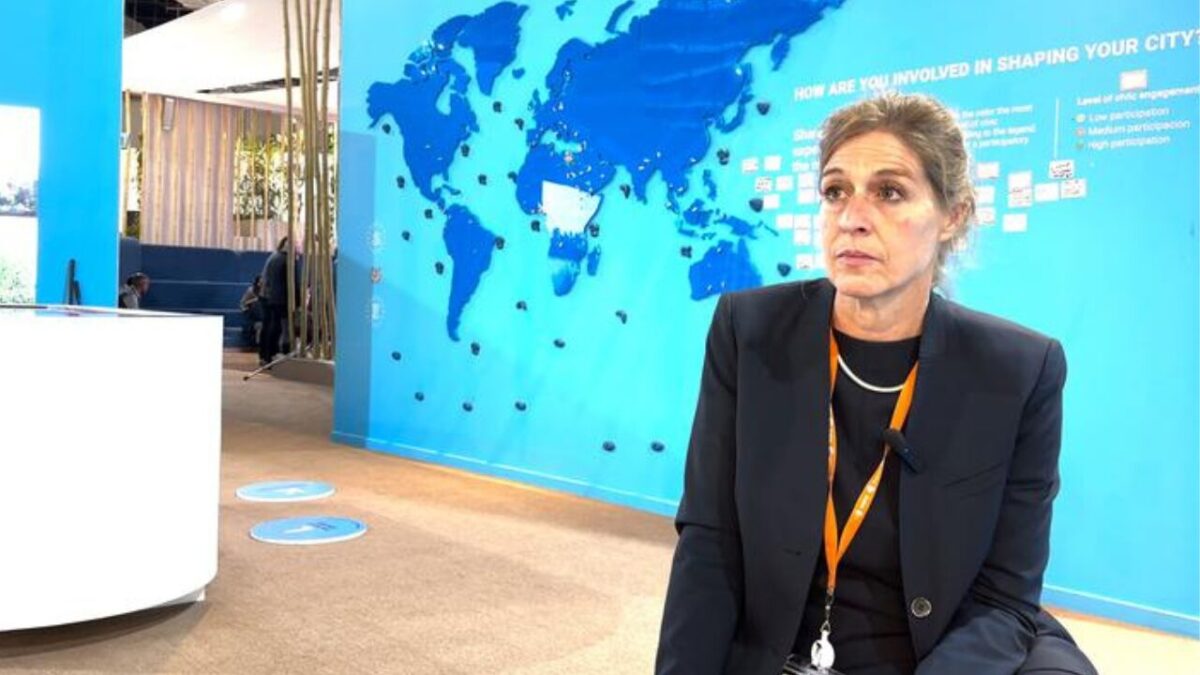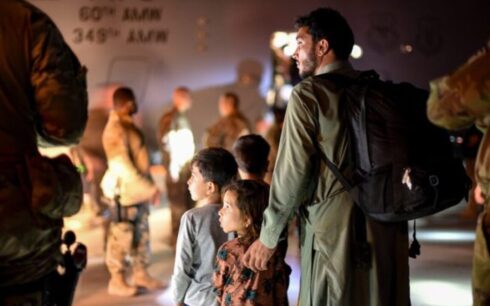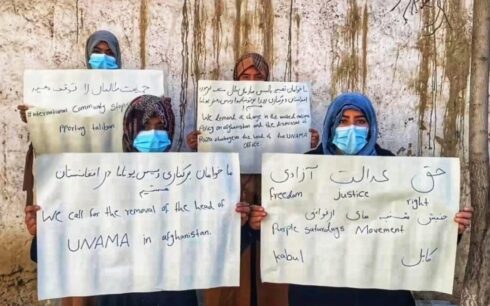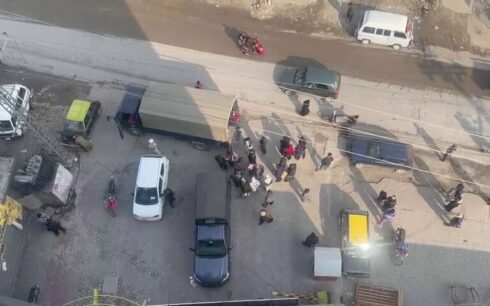A significant number of Afghans are relocating to urban areas in search of improved livelihood opportunities and education for boys, according to Stephanie Loose, Program Manager at the U.N.-Habitat Afghanistan Country Office.
However, she described the situation for Afghan women and girls as “dire,” posing a significant challenge to ongoing efforts.
Loose noted that the Taliban’s policies have systematically excluded women from public life, complicating initiatives aimed at supporting them. “On one hand, it is very important to ensure that women can still have some public spaces, but it is also specifically important that they have access to these spaces to secure adequate housing,” she said.
Consultations are currently underway on how to create culturally accepted public spaces where women can gather outside their homes. “These spaces need to provide women with ways to leave the house and engage in public life, even under the current restrictive environment,” Loose added.
The situation reflects the broader clampdown on women’s rights by the Taliban. Since regaining power, the Taliban have imposed severe restrictions on women and girls, barring them from education, employment, and freedom of movement, as well as suppressing their voices in public.
Recently, the U.S. Special Inspector General for Afghanistan Reconstruction (SIGAR) reported that new Taliban-imposed laws further limit the fundamental human rights of Afghans, exacerbating the challenges faced by women and girls.





